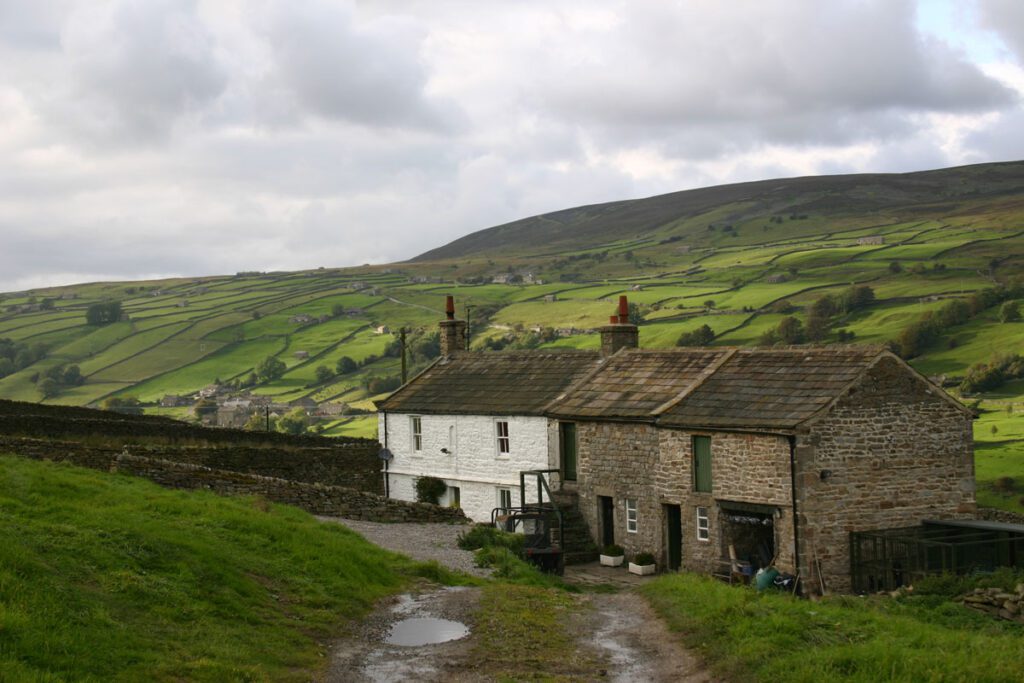
A recent decision from the High Court has highlighted the process which occurs when a partner in a family farming partnership dies. For those families who do not have a written partnership agreement this case shows that there can be some unexpected and nasty surprises in store as the deceased’s partnership share is settled.
In family farming partnerships, where there is no written partnership agreement, the partnership technically comes to an end when a partner dies. In reality, the farm cannot stop overnight and so the remaining partners continue the business. At some future point there is a settling up with the estate of the deceased partner (“Estate”).
The date of death is treated as the date the partner exited the business. However, given the delay before the Estate is paid, Section 42 of the Partnership Act 1890 acts as an incentive on the remaining partners. It gives the Estate an option to elect to receive either:
The parties can agree other terms in any Partnership Agreement. Section 42(2) states that if the Partnership Agreement contains an option for the remaining partners to purchase the share of the Estate and that is exercised properly, the Estate is not entitled to any further share of the profits.
There are a number of points to note about this provision. First, the election is made by the Estate. It can decide what is in its best interests. Second, the election does not have to be made until all the facts are known. The Estate can wait and see what the accounts look like first.
This means the position for the Estate is always a positive one. There is no requirement to share in the losses as the Estate is no longer in business together with the other partners. It is a positive sum that is due, either as a profit share or interest payment.
Section 42 was recently analysed by the court in Morton v Morton [2022], a family farming partnership dispute in Staffordshire. This followed the death of the mother, Jennifer. Her daughter, Julie, as executrix of her estate claimed against the remaining partners (Julie’s brother Simon and his wife), under Section 42 for a payment of interest.
The Morton family had already been in front of the courts in 2022 as Simon had brought a claim in proprietary estoppel, claiming that his mother had promised him the farms in their entirety. The argument had been whether Simon was bound by the partnership agreement, which gave him an option to purchase his mother’s share.
Simon was successful in his estoppel claim and the remedy in the final order included an option to purchase the estate’s share. However, since it was not the exercise of the option to purchase contained in the written partnership agreement, the Judge in the second round of litigation held that the Estate was still entitled to the election under Section 42 either for interest or a share of the profits of the ongoing business.
Families who have fallen out often lose sight of the claim under section 42. The Estate doesn’t need to take any steps to notify the remaining partners within a certain timescale that they intend to bring the claim, so it can come as a nasty surprise. The remaining partners have the ability to make a claim for managing the business during the relevant period in order to reduce the sums payable, but they should factor the potential section 42 claim into the overall calculation of what is due to the Estate.
As highlighted above, it is possible to include provisions in a partnership agreement that mean that section 42 does not apply. So, the best way forward for any family farming partnership is to ensure that they have an up-to-date written agreement in place.